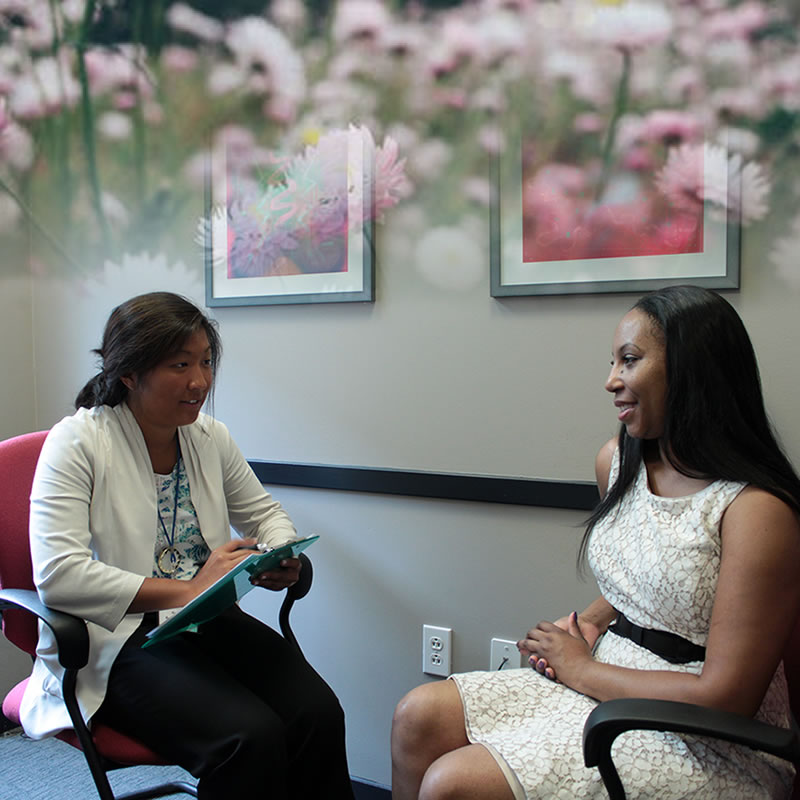All Programs

New Life Foundation Recovery Twelve Step Program:
Here at New Life Foundation Recovery Inc, we believe that Change and Transformation is possible. And as such, we provide an environment that fosters unconditional Positive Self – Regards, to the Individuals and Families whose lives has been affected by Addiction.
Part of the Programs we offer is the “Twelve Steps Program” which has proven to be an effective Treatment, Recovering, and Sustainable pathway to Living Soberly.
Our Treatment Focus encompasses on:
Modern 12 Steps
with Single-Word Descriptions – That Focuses Treatment Approach on Practical and Applicable Daily Steps Resulting in Transformation.
- 1. Acceptance – We admitted we were powerless over our addiction – that our lives had become unmanageable.
- 2. Trust – Came to trust that resources outside of ourselves could restore us to rational thinking and behavior.
- 3. Commitment – Decided to turn our direction and actions over to the guidance of those resources.
- 4. Introspection – Made an honest and thorough list of the issues in our lives.
- 5. Affirmation – Admitted to ourselves and another person our specific role in those issues.
- 6. Determination – Became entirely ready to make changes in our character.
- 7. Transformation – Began making changes in our thinking and behavior with humility and honesty.
- 8. Compassion – Made a list of all persons we had harmed and became willing to make amends to them all.
- 9. Reparation – Made direct amends to those people wherever possible, except when to do so would injure them or others.
- 10. Diligence – Continued to be aware of our thoughts and actions and when we were wrong promptly admitted it.
- 11. Evolution – Pursued a program of ongoing self-improvement and empowerment through meditation, reflection, and study.
- 12. Integration – Having experienced a personal transformation as a result of these steps, we tried to carry this program to other addicts and to practice these principles in all aspects of our lives.

New Life Foundation Recovery Inc – Family & Addiction Therapy/Education Program:
Addiction of all types significantly impacts every Member of the Family, the individual who is addicted and his or her family as well.
We believe that “Addiction is a Family Diseases” in the Sense that once, there is a family member struggling with the Disease of Addiction, everyone who is within his or her orbit will be affected by it.
New Life Foundation Recovery Inc has developed and implemented very successfully “A Ten Week Family & Addiction Therapy / Education Program” that has and continues to aid family members navigate the unknown territories that this disease will take the family to.
Synopsis of the Program:
These Sessions are being provided in a Non- Judgmental and Non – Stigmatizing environment, that allows each participate to feel a sense love, understanding, and above all a sense of deep spiritual support and empathetic unconditional positive regard. All participants are treated with the highest form of respect as all matters of theirs are “Confidential” at such no interactions during the session would be or /can be voiced outside of the session. New Life Foundation Recovery Inc is committed to providing a welcoming, serene, empathic, and spiritually conducive environment for ALL Families.

New Life Foundation Recovery Inc – Individualized – Person Centered Therapy Program:
Person-centered therapy, also known as person-centered psychotherapy, person-centered counseling, client-centered therapy, and Rogerian psychotherapy, is a form of psychotherapy that New Life Foundation Recovery Inc has integrated as a Central Therapeutic Model of Treatment, which reflects our Core Values in Treatment approaches.
Person-centered therapy is characterized by the therapist having a positive view of human nature full of self-realization and actualization that can lead any person toward good mental health.
Commonly gained benefits include:
- Greater agreement between the client's idea and actual selves
- Better understanding and awareness
- Decreased defensiveness, insecurity, and guilt
- Greater trust in oneself
Person-centered therapists work with individuals or groups, and both adults and adolescents; the therapy can be long-term or short-term. The approach can benefit people who seek to gain more self-confidence, a stronger sense of identity or authenticity, greater success in establishing interpersonal relationships, and more trust in their own decisions. The approach, alone or in combination with other types of therapy, can help those dealing with anxiety and depression as well as grief or other difficult circumstances, such as abuse, breakups, professional anxiety, or family stressors.
Since the client must take initiative in person-centered therapy, those who are more motivated are likely to be more successful.
What to Expect
Person-centered therapy is talk therapy in which the client does most of the talking. The therapist will not actively direct conversation in sessions, or judge or interpret what you say, but they may restate your words in an effort to fully understand your thoughts and feelings (and to help you do the same). When you hear your own words repeated back to you in this way, you may then wish to self-edit and clarify your meaning. This can actually happen several times until you decide that you have expressed exactly what you are thinking and how you feel.
There may be moments of silence in person-centered therapy, to allow your thoughts to sink in. This client-focused process is intended to facilitate self-discovery and self-acceptance and provide a means of healing and positive growth.
How It Works
Person-centered therapy, as envisioned by Rogers, was a movement away from the therapist’s traditional role as an expert and leader, and toward a process that allowed clients to use their own understanding of their experiences as a platform for healing.
The success of person-centered therapy generally relies on three conditions:
Unconditional positive regard, which means therapists must be empathetic and non-judgmental as they accept the client’s words and convey feelings of understanding, trust, and confidence that encourage clients to feel valued and to make their own (better) decisions and choices.
Empathetic understanding, which means therapists completely understand and accept their clients’ thoughts and feelings, in a way that can help reshape an individual’s sense of their experiences.
Congruence, or genuineness, which means therapists carry no air of authority or superiority but instead present a true and accessible self that clients can see is honest and transparent.
When therapy is working well, clients experience themselves as better understood in their sessions, which often leads them to feel better understood in other areas of their lives as well. Research supports this idea: Studies have found that when clients perceive these three qualities to be present in their therapists—and particularly when they recognize the professional’s unconditional positive regard for them—they are more likely to report achieving positive outcomes; in other words, the relationship established between client and therapist is itself therapeutic
A person-focused professional should have the ability to remain calm in sessions, even if a client expresses negative thoughts about the therapist. A trained therapist should allow a client to verbalize that they are frustrated or disappointed by them and help the individual discover what insights can be gained by exploring those feelings.

New Life Foundation Recovery Inc Drug & Alcohol Treatment Program:
Here at New Life Foundation Recovery Inc, our Drug & Alcohol Treatment Program focuses on Evidence-based and Faith – Based approaches that gives the Client an opportunity to a New Life by applying best practice and Person – Centered approaches for maximum Treatment Outcomes.
Our Staff and Treatment Specialist understands that Addiction does not define the individual, so we focus on helping our clients define a pathway to Recovery that is applicable and practical with them.
Each Client is seen as an Individual with Great Potential that has not been exnihilated by Addiction and by adaptable Treatment Modality and Therapies, Recovery, Healing, and Sobriety is possible.
Our Treatment Modalities includes – Individual Therapy/ Counseling, Family Interventions & Family Sessions, and Case Management.
New Life Foundation Recovery Inc – Spirituality Program:
Our Spirituality Program is Biblically Centered and provides the Client with the Opportunity to understand the underlying Factors that correlates Spirituality and Addiction.
Back in the 1930s psychologist Dr. Carl Jung corresponded with Alcoholic Anonymous’ founder Bill Wilson in an attempt to discover a cure for the disease of alcoholism. Dr. Jung’s conclusion was (in basic terms) that alcoholic spirits were an attempt to fill the thirst for the spirit of God. The remedy then, he concluded, was a spiritual one because a spiritual problem cannot be resolved with a material solution. Our Spirituality Program explore and explain the necessity of including spirituality in the recovery process, the incorporeal craving that underlies all addictions, the spiritual states of consciousness that substances mimic, as well as some solutions and the ways to attain them. In addition, our program will include clarifications on spirituality vs. religion, an examination of the concepts of faith (both secular and sacred), surrender, grace, God, and a Christ Centered Restorative Healing for all Addictions.

Our Program Objectives
Understand the evidence-based role that spirituality plays in addiction recovery.
Distinguish the difference between authentic spirituality, religion, and Twelve Step programs, thus allowing you to better guide your clients.
Be aware of the basic history of spirituality in recovery.
Comprehend the function of substances in a person’s life as related to the spiritual side of human nature.
